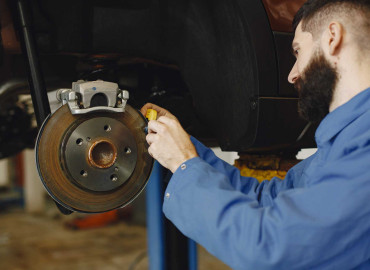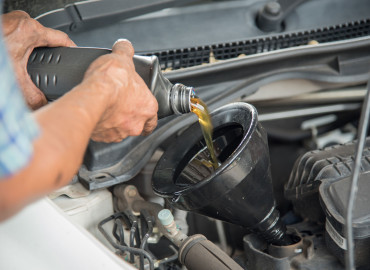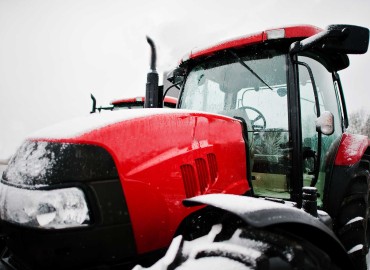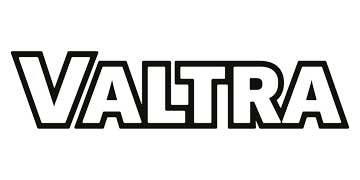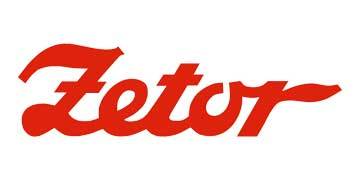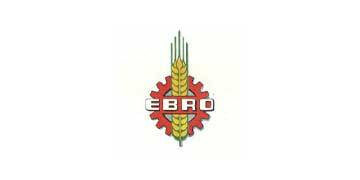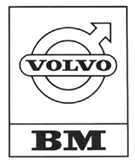The longevity and efficiency of a tractor depend on regular maintenance, and filter replacement is one of the most critical aspects of this care. Unfortunately, many tractor owners lack sufficient information about when filters should be changed. Tractors operate under tough conditions, so regularly checking and replacing the engine, oil, air, and fuel filters directly impacts the tractor's performance.
The Importance of Tractor Filters
Filters play a vital role in maintaining tractor performance by ensuring the engine operates smoothly. They protect the engine from dust, dirt, and other harmful particles, helping to optimize fuel consumption and extend the engine's lifespan. If filters are not replaced regularly, the engine can suffer serious damage, leading to high repair costs. Thus, filter replacement not only protects your tractor but also saves money on fuel in the long run.
Which Filters and When to Change Them
Detailed information about tractor filters and when they should be changed is as follows:
- Oil Filter: The oil filter cleans impurities and particles from the engine oil, ensuring healthy engine operation. If the oil filter becomes clogged, it can disrupt the engine's lubrication, leading to wear and serious motor problems. Oil filter replacement typically depends on the tractor's usage time and operating conditions. However, it is generally recommended to change the oil filter with every oil change. Refer to the tractor’s user manual for the manufacturer’s recommended intervals in kilometers or hours.
- Air Filter: Tractors require a continuous supply of clean air while operating. The air filter prevents dust and dirt from entering the engine, protecting it from damage. Tractors used in dusty environments, such as agriculture and construction, can have air filters that clog more quickly. The frequency of air filter replacement depends on the working environment of the tractor, so those operating in dusty conditions should check and replace the air filter more frequently.
- Fuel Filter: The fuel filter ensures that the fuel needed for the engine is clean by blocking sludge and particles that could harm the engine. Dirty fuel can negatively impact engine performance and even cause severe damage to the fuel system. Similar to other filters, the fuel filter should be replaced regularly based on usage time. If you use low-quality fuel, you need to check this filter more often.
- Hydraulic Filter: This filter protects the hydraulic system and is critical for the proper functioning of the tractor. Hydraulic oil is used for various functions, and its cleanliness is essential for system health. The hydraulic filter removes particles from the oil, protecting the system. It is generally recommended to change the hydraulic filter with every hydraulic oil change.
Warning Signs for Filter Replacement
Here are some signs that indicate it may be time to change tractor filters:
- Decreased Performance: If you notice a decrease in tractor power, this may be due to dirty filters.
- Increased Fuel Consumption: If the fuel filter is clogged, the engine cannot use fuel efficiently, leading to increased fuel consumption.
- Black Smoke from Exhaust: A clogged air filter can prevent the engine from getting enough air, causing incomplete combustion and resulting in black smoke from the exhaust.
- Noisy Operation: If filters are clogged, the engine may struggle to operate, producing more noise than usual.
Remember, filters may seem like small components, but they can prevent your tractor from encountering significant issues. Knowing when to change filters will ensure that you can use your tractor smoothly for many years.
 en
en  tr
tr 
